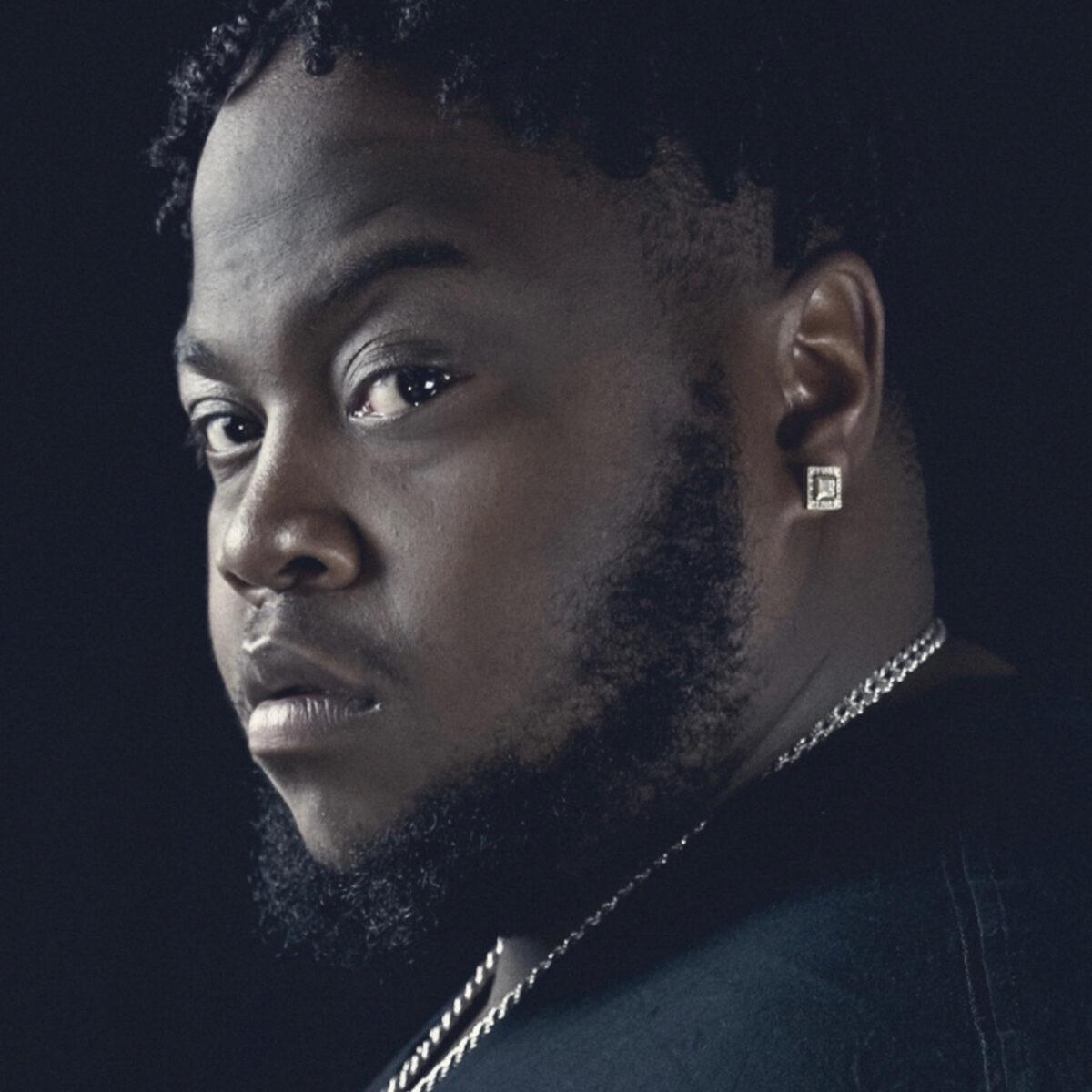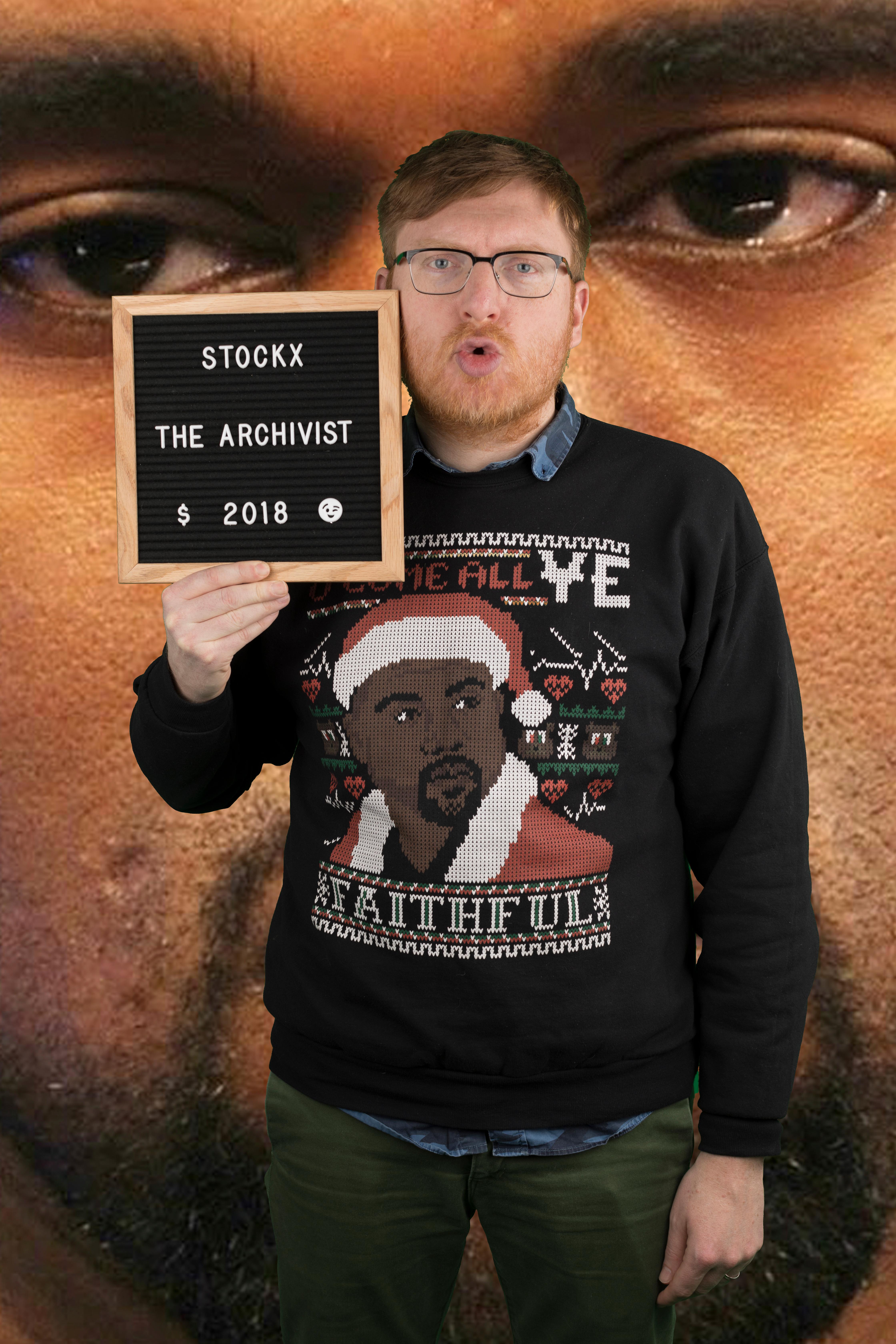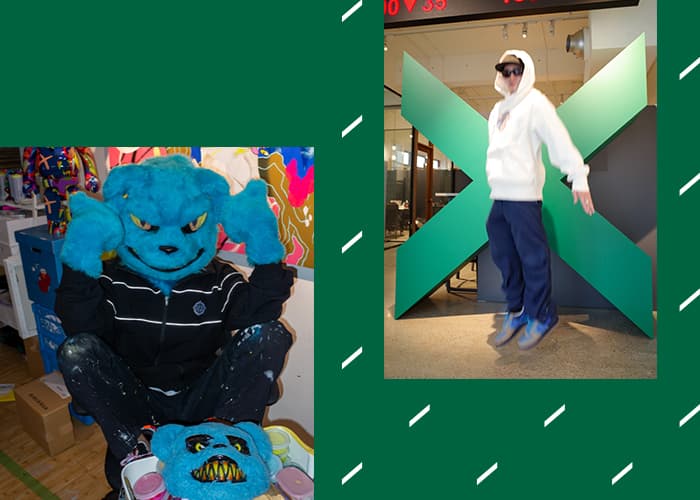The ever expressive, ever soulful T-Rell recently released his most recent album, 2 Big 2 Ignore, in an attempt to turn personal tragedy into musical uplift. Taking inspiration from the death of a close friend, Dallas rapper M03, and the anniversary of his brother 8-ball’s death, T-Rell mixes the heart of the blues into his R&B-inflected hip-hop to come out on the other side of grief stronger and happier.
How did your most recent album, 2 Big 2 Ignore, come together?
I was actually trying to change the curve with this one. Because on September 28th, 2015, I got in a car accident and I lost my brother. September 28th is a day that I’m always in tears – I’m always hurting. So I really wanted to change the narrative of how I take that day on. I worked on this album for about a year and a half, driving back and forth from Topeka, Kansas to Oklahoma City – just going back and forth, back and forth. I was able to change my sound, I gave myself a new me. I want to be happy; I’m not always down; I’m not always hurting. I have a happy side and it shows on this album, that I can be fun. And it’s a good feeling that people are taking to it so well. And surprisingly this was the first time in seven years on September 28th I ain’t crying.
What kind of influence does Topeka, Kansas have on your music?
Topeka had a really big influence on me because that’s where I’m from. I’m from a small city – I wouldn’t even call it a city, I call it a town. It’s hard – I would say hood – just like any other city that you would think of. You wouldn’t think of it being that way, since it’s Kansas. I grew up in the central side of Topeka; it’s closer to downtown, so I was raised near a lot of drugs and stuff like that – that’s what the central side of Topeka is like. So I grew up watching and being around a lot of stuff like that and it had a lot to do with the way I make music, dealing with those circumstances that I was raised in. Topeka has deep roots in how I make music because you are the product you grew up from. It’s the city that raised me. When you listen to me, you’re hearing what Topeka music is.
Is there a tighter sense of community in Topeka because it’s a small town than perhaps you would experience in a larger city?
Definitely. My older brother is from Chicago, and in Chicago a lot people don’t know each other. Where I’m from, pretty much everybody knows each other in the community. As I say on my album, “I’m from a community where you get your ass whooped from your parents and the people down the street.” And that’s real. So it’s pretty much everybody knows each other and that’s why it’s so hard to blow up here. You know everybody, and everybody’s close-knit with each other.
Has your close-knit community put a lot of pressure on succeeding in music?
Yeah, it’s a lot of pressure because you got to be able to work extra, you got to work double time. People don’t want to come to the club and see you perform if they see you out a lot, you know? Because basically like I told my friend, “Bro, you never going to fill a club up going to the same club every Thursday.” So you got to stay inside more often. You got to stay to yourself to be more of a surprise when you go out because everybody knows you. And you got to leave home. I never blew up until I left. Because when they don’t see you they miss you: distance makes the heart grow fonder, you know? And it’s that same way with music. When you go away from home you become bigger.
Speaking of blowing up, are you still getting booked to perform My Dawg at memorial services?
Yeah, I could never get away from doing memorial concerts. I mean, My Dawg, I call My Dawg my gift and my curse. Because My Dawg is such a big record, I’m forever getting booked for memorial shows or people want me to do that song two or three times a night. It’s because the song touches them in a different way than a club record. But it’s a gift because it’s kept me working for years, I’m still doing shows. I’m still getting paid great money to do one song, it’s because of the significance of how important that song is to people. It’s because I touched their heart instead of their feet. It’s one of those records that live on forever. And sad as it sounds, sometimes when people pass away, I’m who they play.
How has playing at all these memorial services affected you?
It’s shown me the importance of family and the importance of bringing people together. Because I’ve seen a lot of people lose people in their lives and it’s heartbreaking. I’ve gone to people’s homes and sang the song to their mothers and their children and their families. And I’ve helped bring happiness to a situation that’s so sad. And it’s difficult. It’s difficult. It’s hard sometimes, man. But it just taught me to be closer to those I love because people lose people every day.




